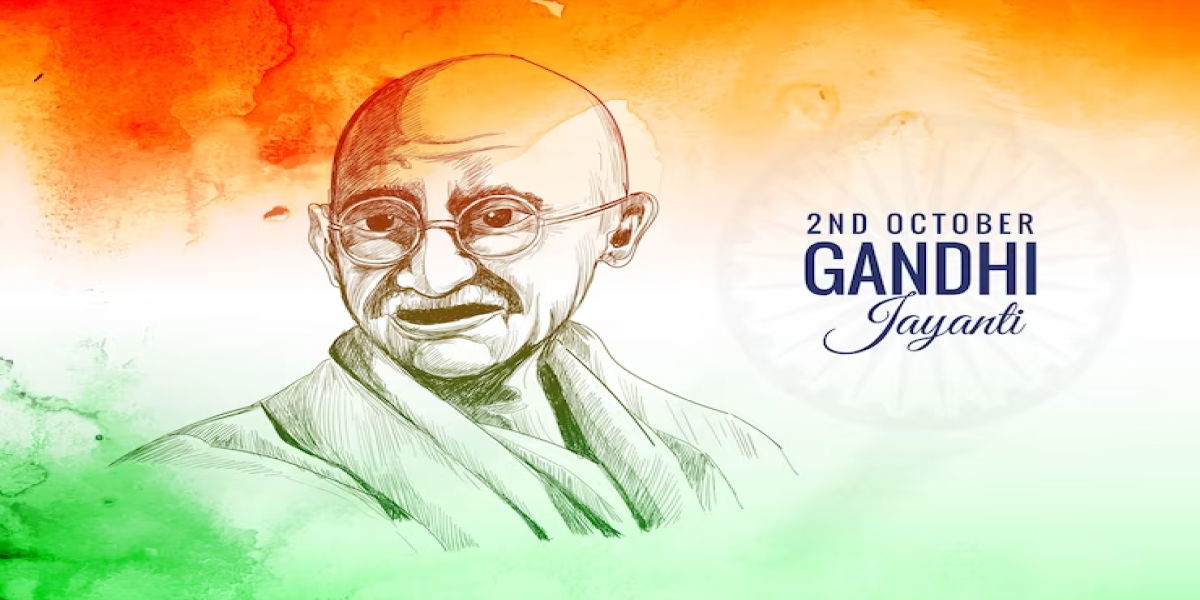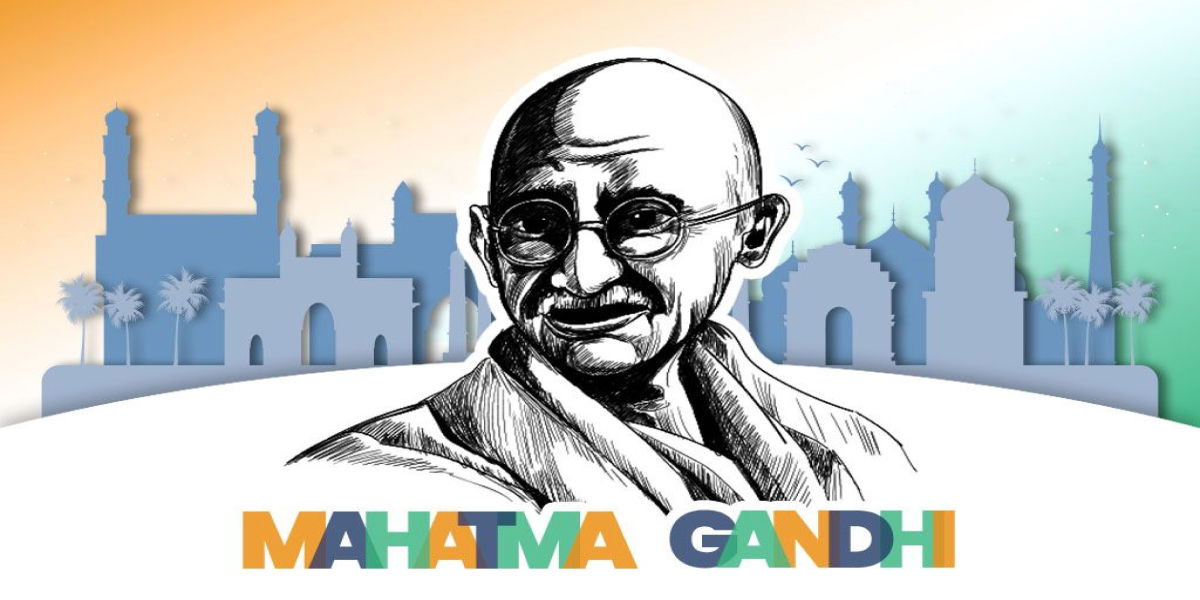As you know every year on 2nd October we celebrate Gandhi Jayanti(Mohandas Karamchand Gandhi), the father of our nation. He was the preeminent leader of Indian nationalism in British-ruled India. On 2nd October from schools, and colleges to government offices in every location Gandhi Jayanti is celebrated to honor the father of India. This article is all about giving an overall idea about the essay on Mahatma Gandhi. Let’s dive in to learn how to prepare an essay on Mahatma Gandhi.
Biography- Start with Early Life
Gandhi was born and raised in a Hindu Modh Bania family in coastal Gujarat, India, and studied law in London. He worked as a lawyer in South Africa for 20 years, where he encountered racial discrimination that inspired his lifelong commitment to equality and fighting injustice. He developed his philosophy of nonviolent civil disobedience, known as Satyagraha, in South Africa.
In 1915, Gandhi returned to India and began organizing peasants, farmers, and urban laborers to protest excessive land-tax and discrimination. Assuming leadership of the Indian National Congress in 1921, Gandhi led nationwide campaigns for easing poverty, expanding women’s rights, building religious and ethnic amity, ending untouchability, and above all achieving Swaraj or self-rule.
Suggestive Read: MAHATMA GANDHI EASY DRAWING IDEAS FOR GANDHI JAYANTI
Here are some of the key events in Gandhi’s life:
- 1869: Born in Porbandar, India
- 1888: Goes to London to study Law
- 1893: Moves to South Africa to practice law
- 1896: Launches his first campaign of nonviolent resistance in South Africa
- 1906: Founds the Natal Indian Congress
- 1915: Returns to India and begins organizing the Indian People to fight for their independence from British rule
- 1920: Becomes leader of the Indian National Congress
- 1930: Leads the Dandi Salt March
- 1942: Launches the Quit India Movement
- 1947: India Gains independence from Britain
- 1948: Assassinated by a Hindu extremist

Essay on Mahatma Gandhi- Life Story
Gandhi famously led Indians in challenging the British-imposed salt tax with the 400 km Dandi Salt March in 1930. He believed in non-violence and truth in all situations and lived modestly in a self-sufficient residential community. Gandhi Ji used to eat simple vegetarian food and also undertook long fasts as a means of self-purification and political protest.
However, Gandhi’s dream of a united India was not realized. The British partitioned India into two dominions, a Hindu-majority India and a Muslim-majority Pakistan. This partition led to religious violence and the displacement of millions of people.
Gandhi was deeply saddened by the partition of India, and he worked tirelessly to promote peace and reconciliation between Hindus and Muslims. He was assassinated by a Hindu extremist on January 30, 1948.
Gandhi’s legacy is complex and contested. He is widely revered for his moral integrity, his commitment to nonviolence, and his success in leading India to independence. However, he has also been criticized for his paternalism, his views on race and gender, and his role in the partition of India.
Read Out: FAMOUS QUOTES FROM MAHATMA GANDHI
Despite the criticisms, Gandhi remains one of the most influential figures of the 20th century. His philosophy of nonviolence has inspired movements for civil rights and freedom across the world. He is a towering figure in Indian history and culture, and his legacy continues to shape the world today.
Wrap Up
In the end, Mahatma Gandhi was one of the remarkable people who made a significant impact on the world. He was a visionary leader, a moral compass, and a champion of peace and justice. His legacy continues to inspire people all over the world to strive for a better future.












Add Comment